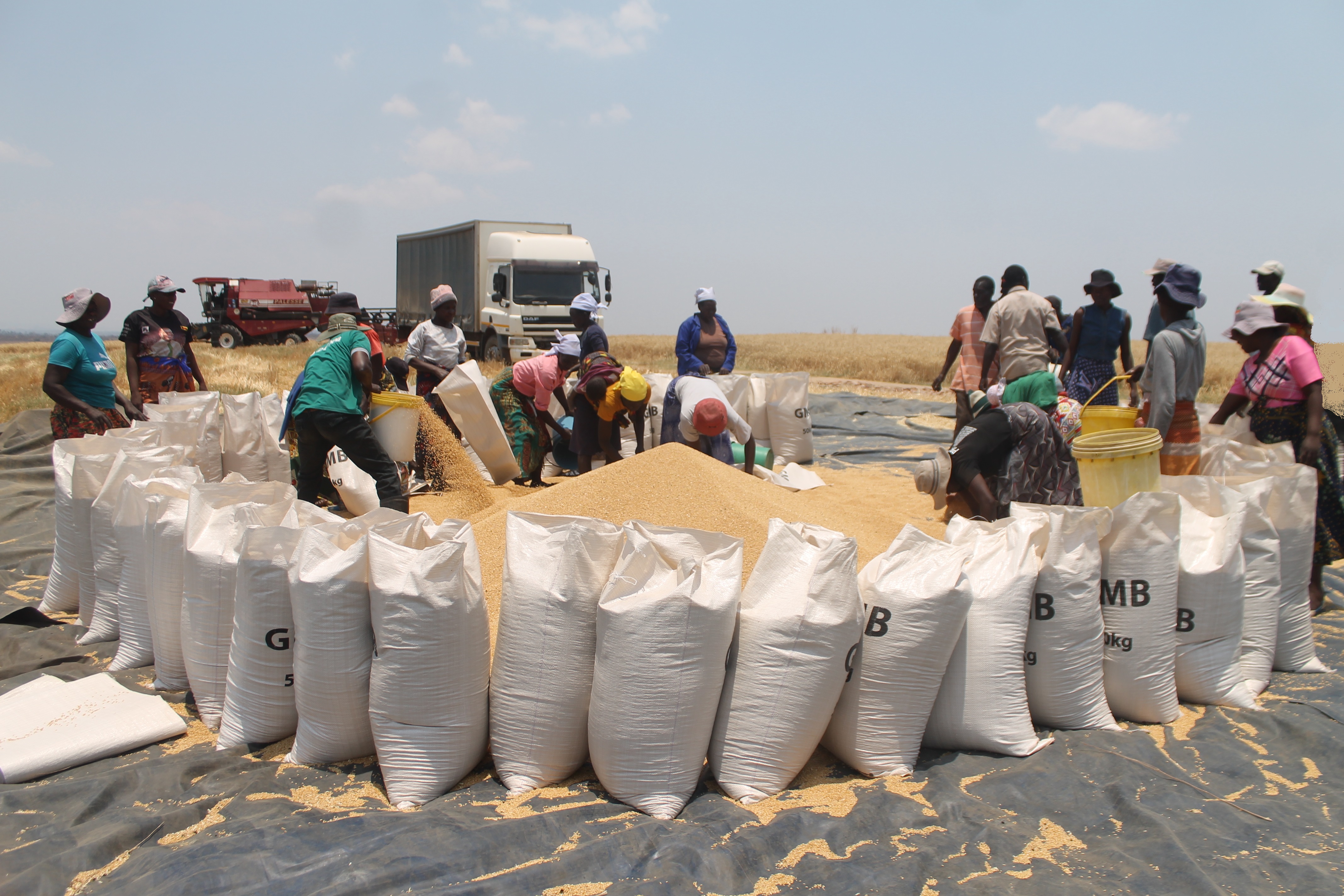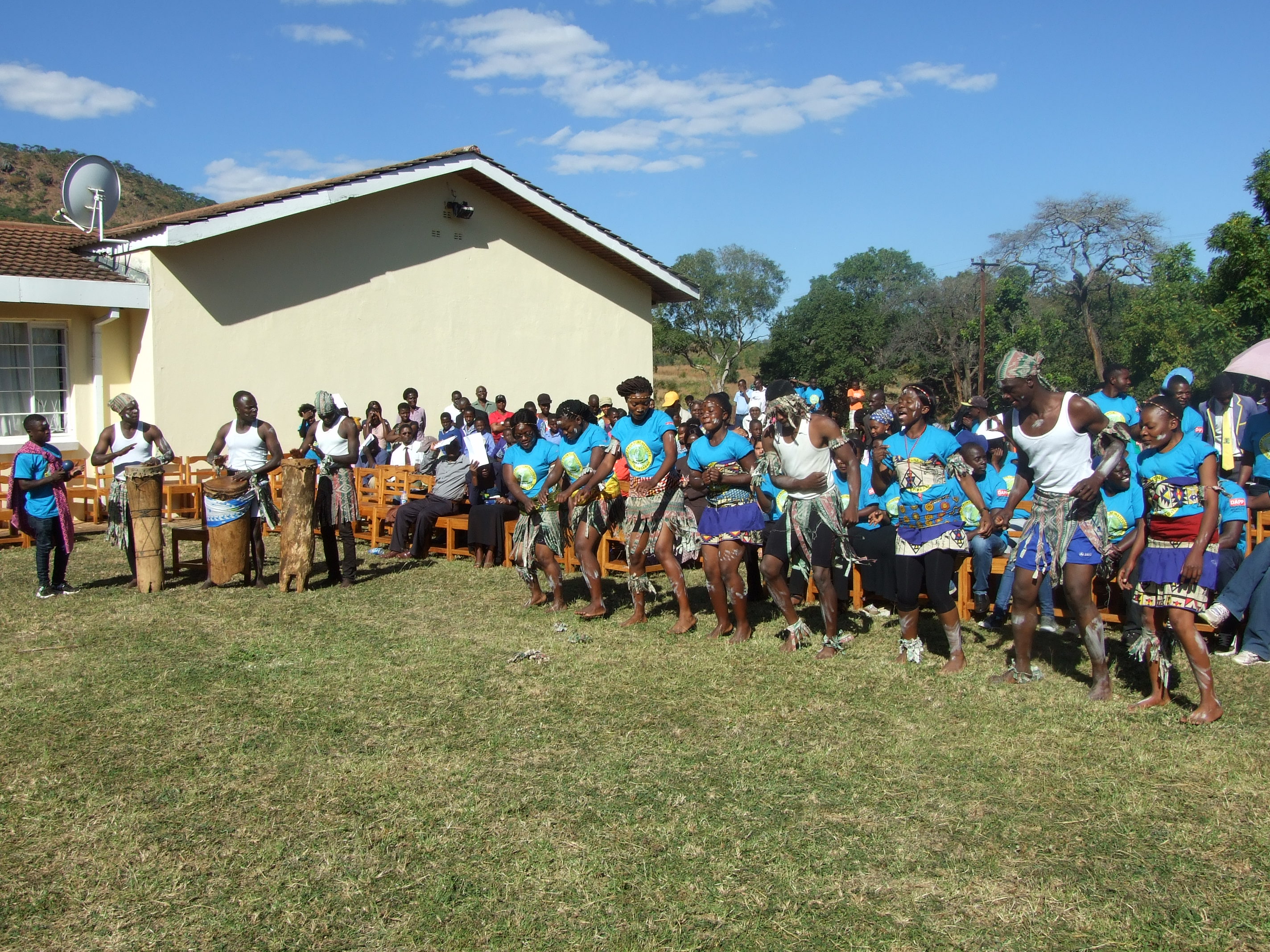As we mark the 62nd Africa Day, the African continent has progressed, riding on its immense potential. Yet, the lack of self-reliance continues to hinder the achievement of sustainable development for people by the people themselves.
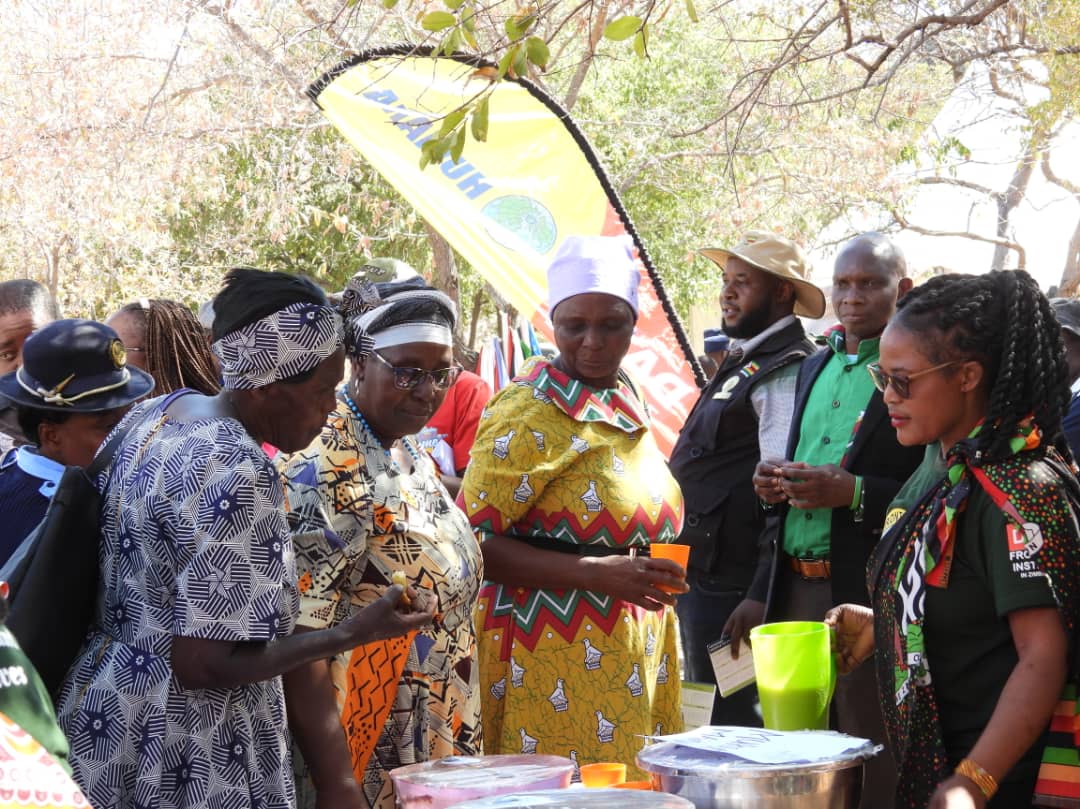
At this event, our focus is on: “What Can Africa Do To Achieve Self Reliance In All Its Forms”, whether in food production, environmental protection, education, health, industrialisation, peace initiatives, or empowering youth to participate in production, for the future. The cutting of health funding for TB, HIV and Malaria calls for African countries to develop self-reliant plans and goals that are sustainable. We, the people on the African continent, must start to forge a positive path towards self-reliance, which is needed to make the continent self-sufficient now and in the future.
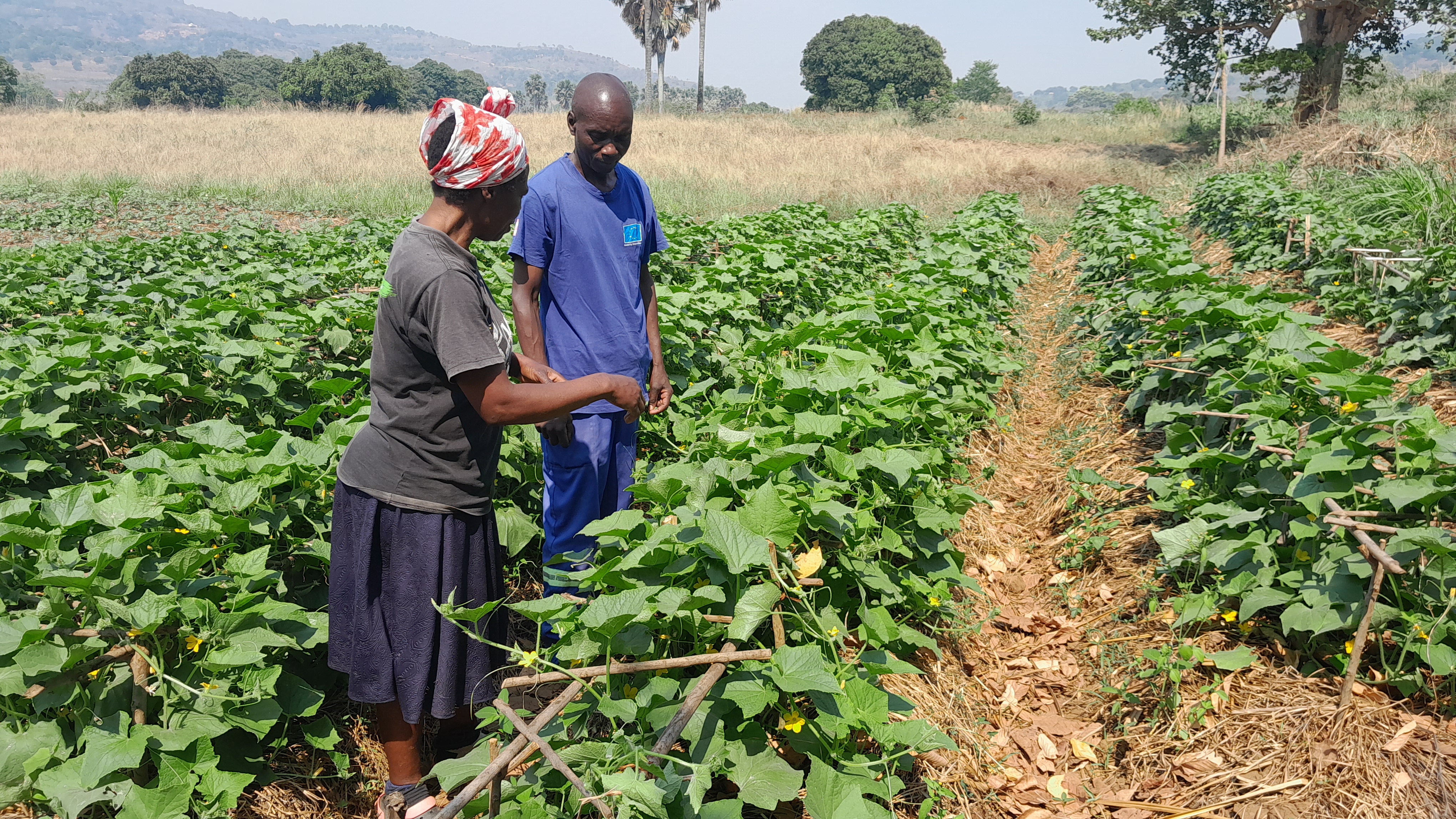
“To build resilient economies, Africa must chart its future, relying not on the benevolence of others but on its own determination for self-reliance, building reliable alliances, leveraging opportunities in the global dynamics, while putting Africa first. Only then will Africa be great again!”, says Akinwumi Adesina, President for African Development Bank Group (AfDB).
Achieving self-reliance starts with people organising themselves to improve their living conditions independently, using home initiatives and local resources at their disposal. Africa has all it needs for people to govern their own lives successfully, push for actions against poverty, and promote African agency to achieve self-reliance.
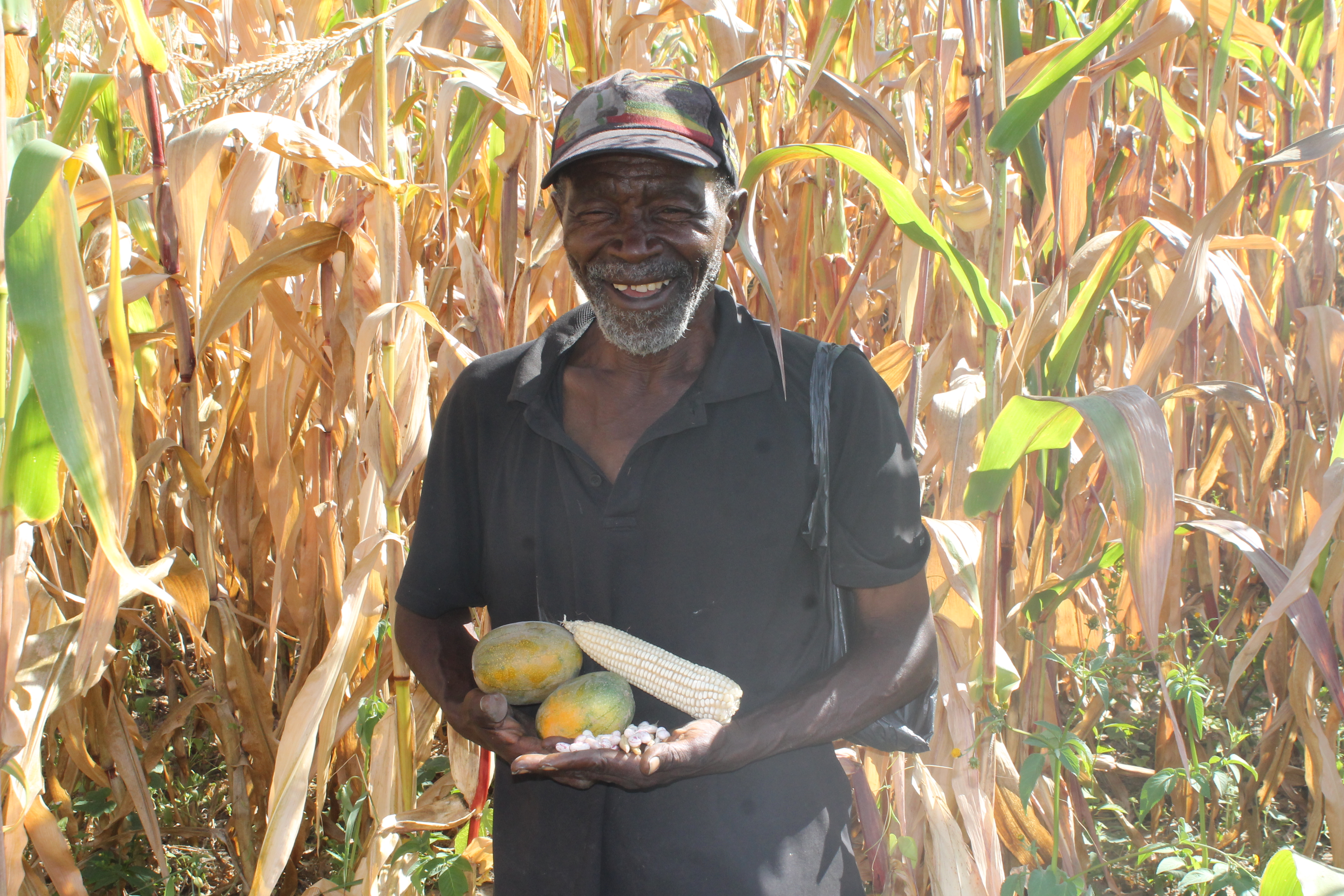
Since establishment 45 years ago, DAPP Zimbabwe has continued to work together with communities living in disadvantaged communities to carry out self-reliant actions for sustainable change through its various projects, be it in agriculture, health, education, community development and in the face of natural disasters.
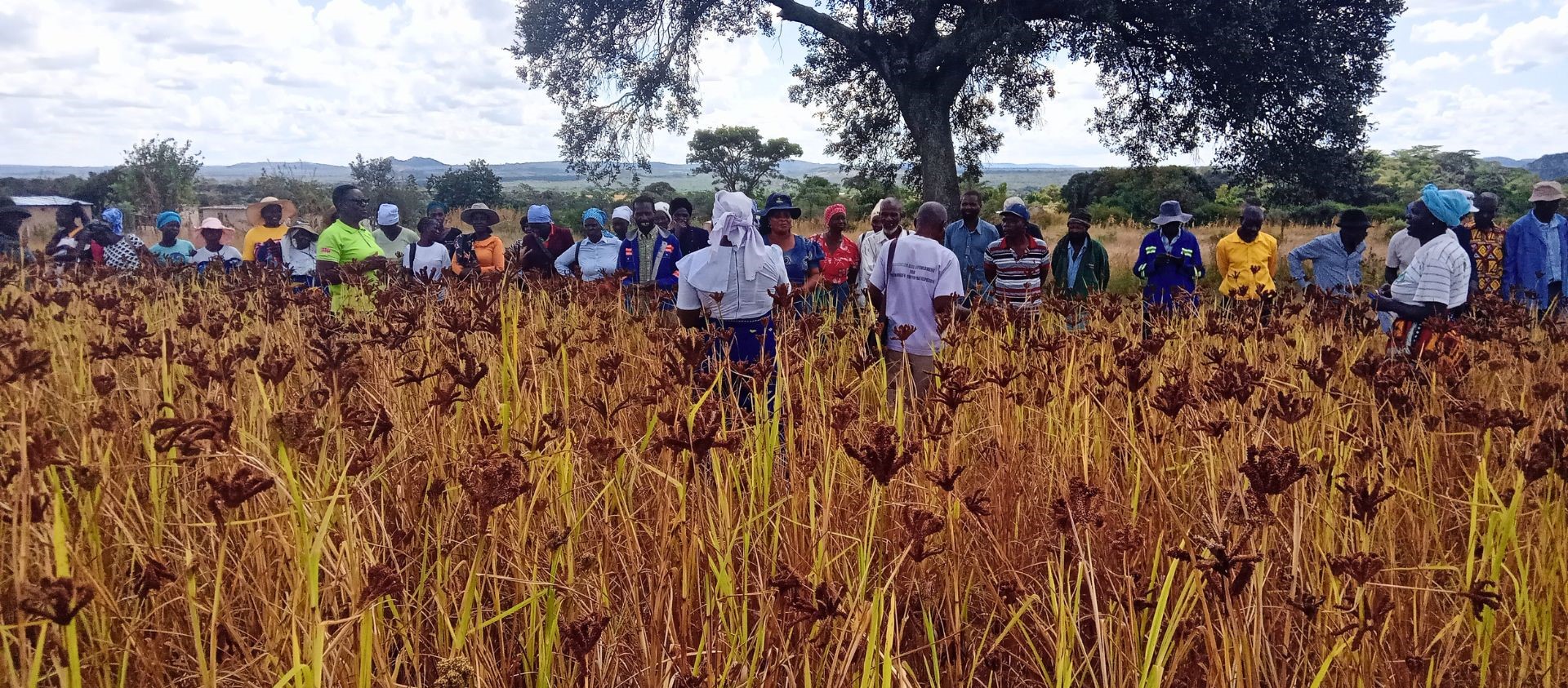
In Chivi District, Farmers’ Clubs Chivi engages 1.500 smallholder farmers in sustainable agriculture practices to build resilience and start self-reliance activities as a response to the increasing challenges due to the effects of climate change that continue to threaten their livelihoods and own means of survival. Smallholder farmers are organised in 30 Farmers’ Clubs to find a common path towards self-reliance through adopting conservation agriculture, growing small grains, rearing small livestock, diversifying sources of income through savings clubs and using indigenous knowledge to protect the environment sustainably.
Club life strengthens community cohesion, mutual exchange of ideas, and finding common solutions to achieve self-reliance. Multiple activities by Farmers’ Clubs Chivi contribute to economic empowerment, which smallholders depend on to improve their own lives sustainably.
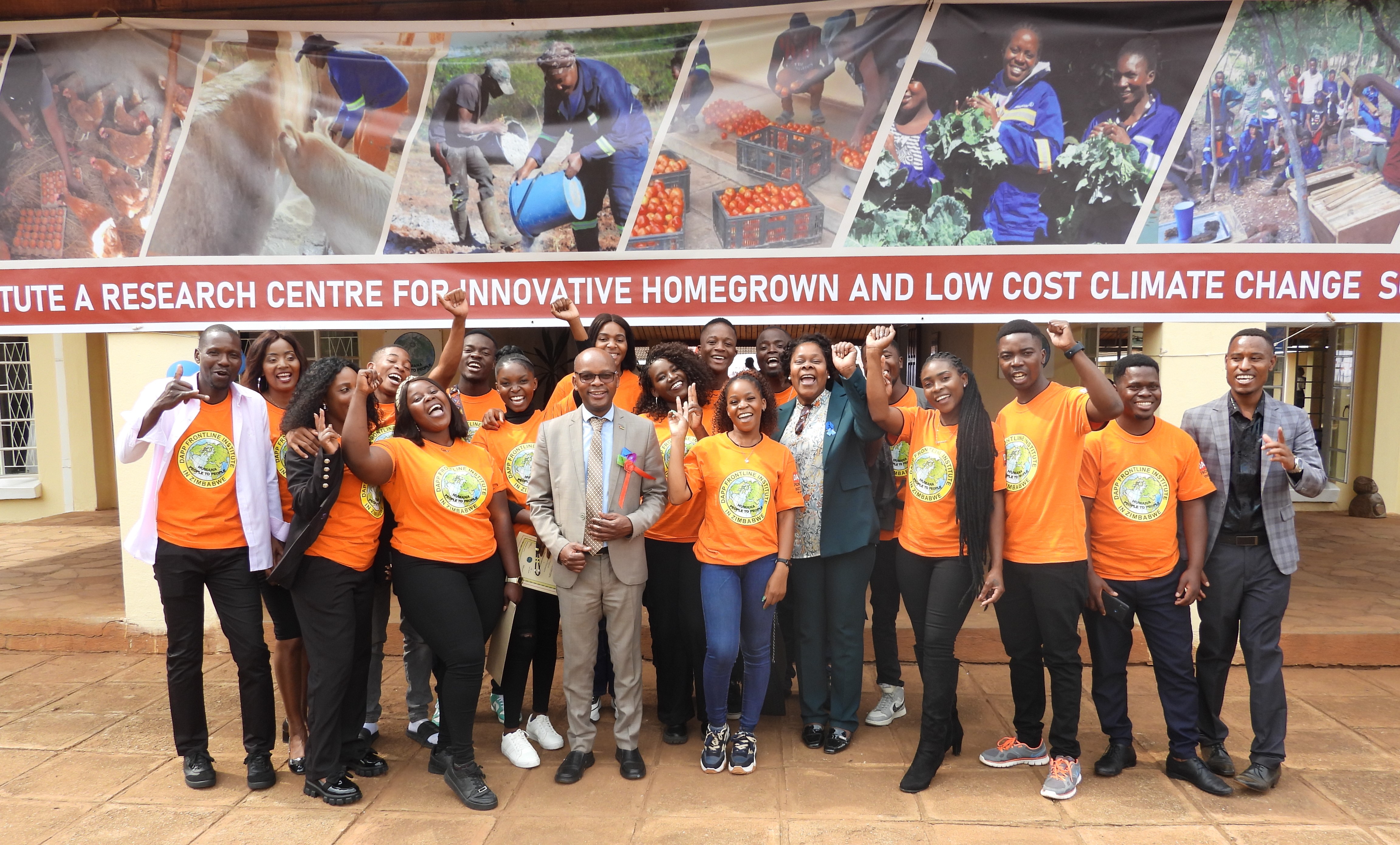
In Shamva District, Frontline Institute Zimbabwe trains key persons of Humana People to People projects to be on the frontline of development and fight against poverty, illiteracy, climate change, inequalities and diseases. At the school, 80% of the key staff are youths trained to promote self-reliance and start sustainable actions of change together with the people in surrounding communities and those of countries they visit during the trick cycling study tour in Southern Africa. This period broadens the students’ perspective beyond their imagination, enabling them to engage directly in finding locally driven solutions whilst being exposed to the realities of less privileged communities. In 2024, the school reached over 15,000 families through self-reliance initiatives in health, education, climate action, and economic empowerment.
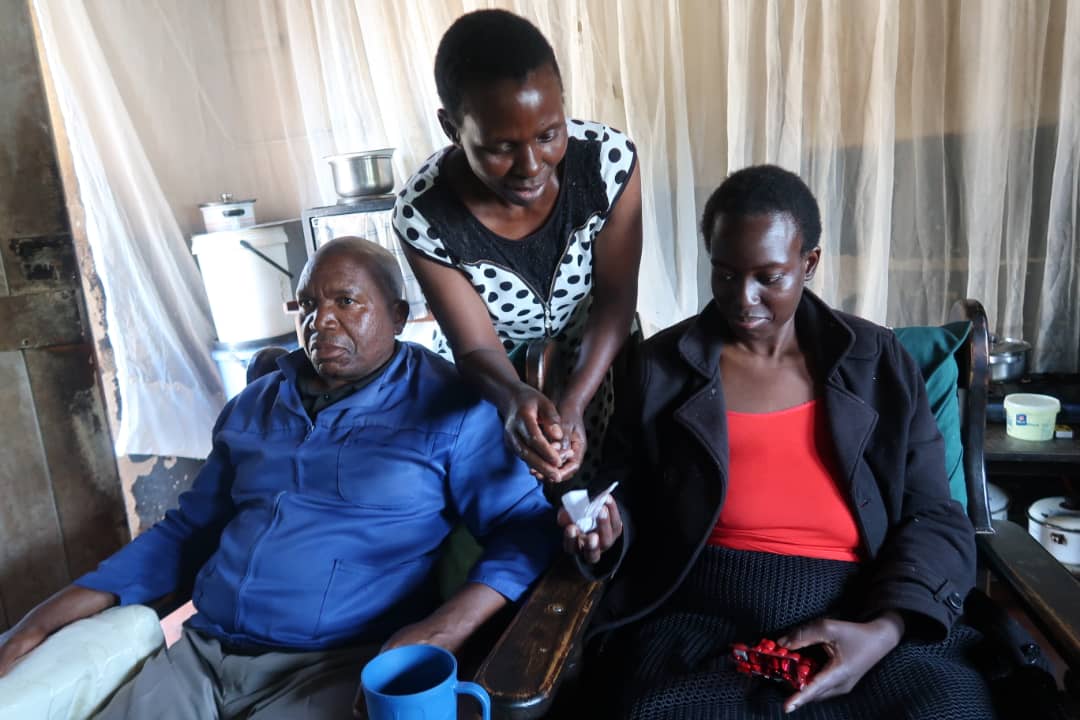
The Total Control of Tuberculosis (TC TB) Makoni Project reduces the burden of HIV and TB by addressing stigma and discrimination, raising awareness, and improving diagnosis and treatment services. At the heart of the project are trained community volunteers and leaders who are instrumental in identifying new infections, increasing case finding, and forming TRIOs for care and support. These established community health structures contribute to building sustainable community health ownership even when the project has been phased out.

In 2024, over 80,000 people were reached, including farmers trained in sustainable farming practices, savings groups, and local climate adaptation strategies. By addressing health and socio-economic challenges simultaneously, the TC TB Makoni project supports Zimbabwe’s Vision 2030 for inclusive and sustainable development.
You can read more from our https://dapp-zimbabwe.org/wp-content/uploads/sites/312/2025/04/DAPP-Zimbabwe-2024-Annual-Report-2.pdf and watch a film from Farmers Clubs Chivi.
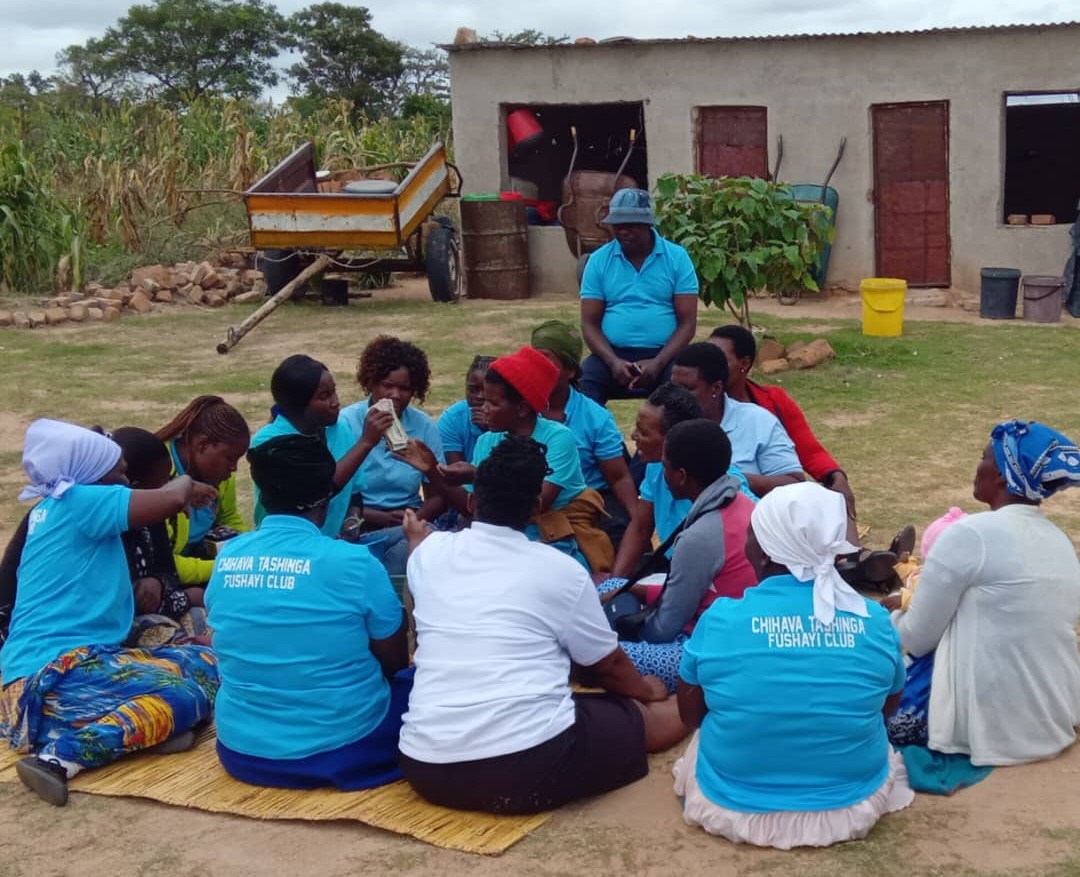
The road to self-sufficiency may have its challenges. Still, by embracing self-reliance, we, the people on the African continent, have the strengths and the potential to build a continent where food security is a reality, economic growth is sustainable, and the well-being of people is prioritised to create hope and resilience. It requires concerted efforts and community cohesion to build on existing people-to-people self-reliance initiatives. Humana People to People continues to learn, support and find new ways together with communities to build resilience and self-reliance against external challenges.
